64: Opa wollte weg aus der DDR | Grandpa wanted to leave the GDR

Explain economics and politics in very simple words & temporal prepositions: ab; von … bis; zwischen.
Everyone thinks that the sticker on Fritz’s garage door opener is in the shape of a lake. Therefore, Paul looks for it on the internet. But he cannot find such a lake in all of Germany.
64 | Opa wollte weg aus der DDR

Explain economics and politics in very simple words
Temporal prepositions: ab; von … bis; zwischen
63: Das Oktoberfest | The Oktoberfest

Tell a story about the past, make conclusions & temporal prepositions: vor, nach, seit.
Paul’s mom feels guilty because he got fired and so she transferred € 500 to his account. He pretends to know what kind of job he wants and says he’ll tell her next time.
63 | Das Oktoberfest
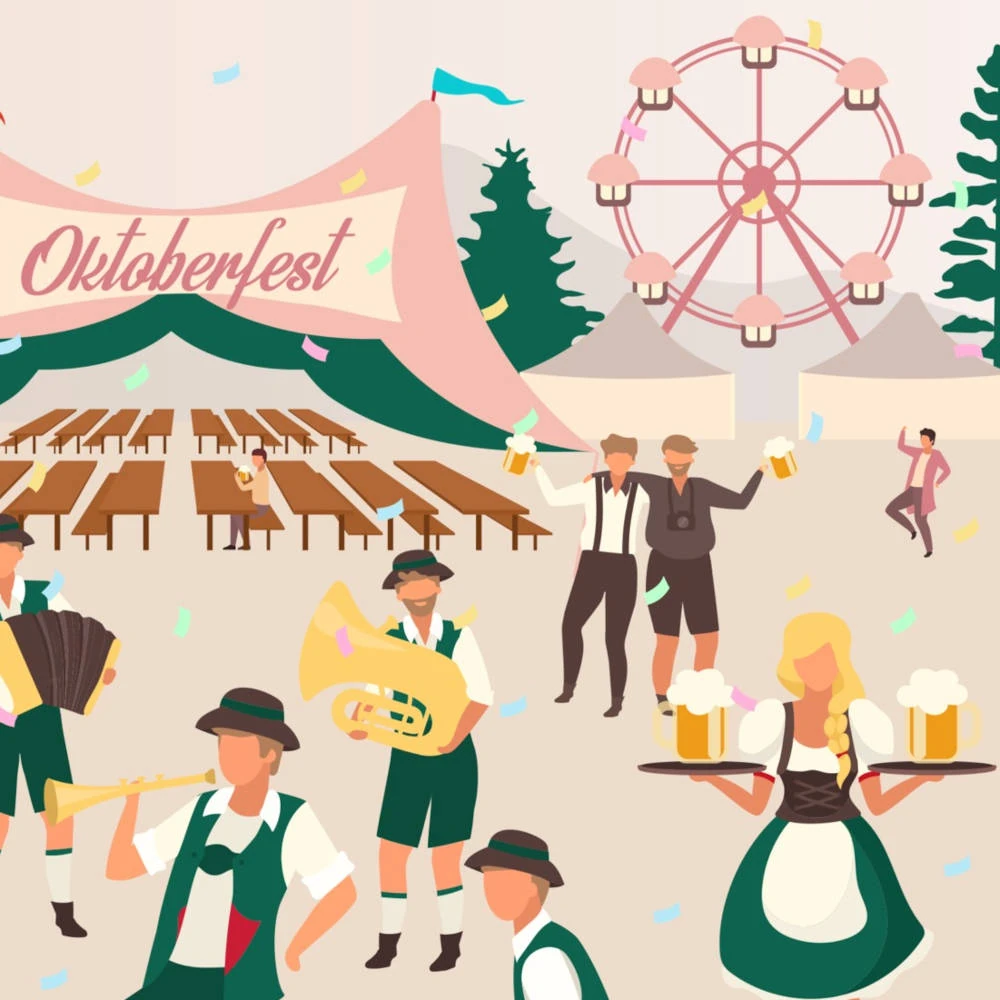
Tell a story about the past, make conclusions
Temporal prepositions: vor, nach, seit
– beta release –
62: Das Date mit Laura | The date with Laura

Emphasize the negative aspects of a person, make a friendly suggestion & Substituite forms for the imperative: Nicht so viel trinken! / Lass uns das nehmen!
Paul writes his mother that he wants to borrow 500 € from her. He lies and says it’s for new clothes for a job interview – not for the Oktoberfest.
62 | Das Date mit Laura
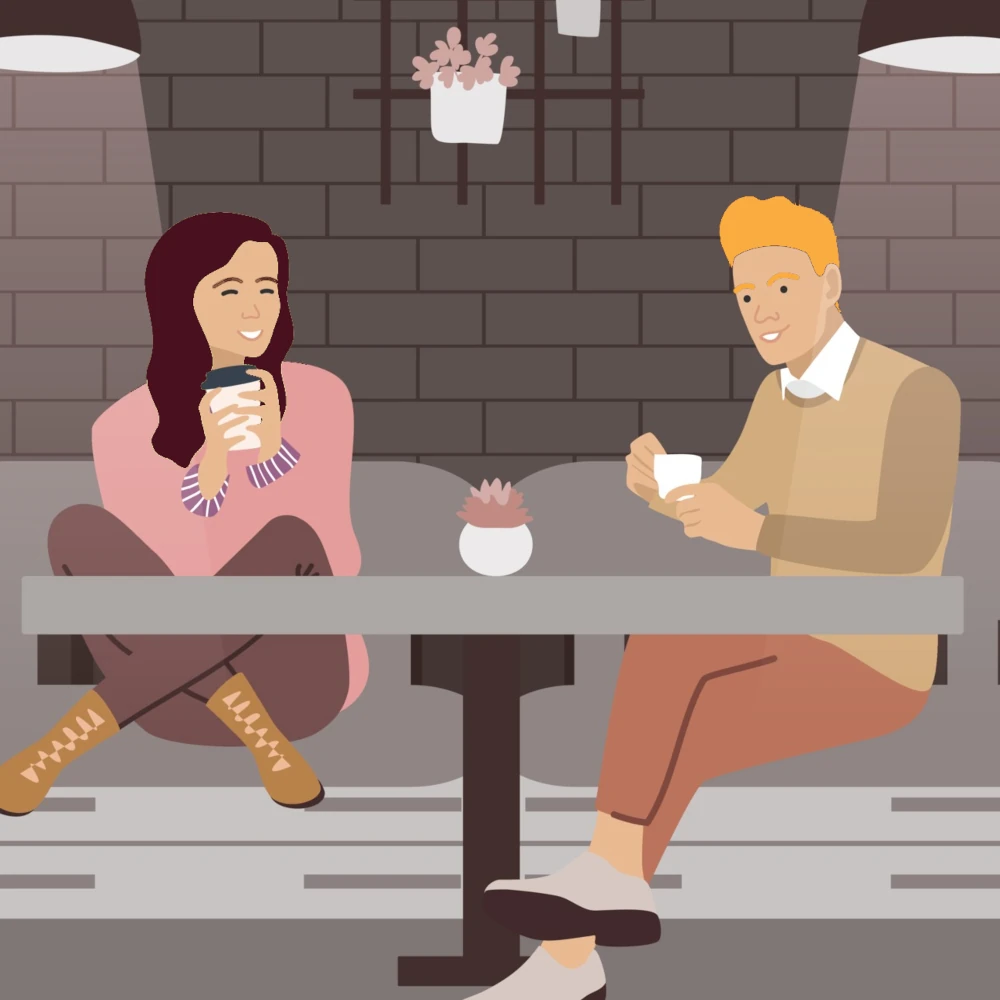
Emphasize the negative aspects of a person, make a suggestion
Substituite forms for the imperative: Lass uns das nehmen!
– beta release –
61: Die Hosen passen zu den Hemden | The pants match the shirts

Make suggestions and give commands & Imperative with Sie: kommen Sie / suggestion with wir: gehen wir.
Paul is buying new clothes to be prepared in case he is invited to a job interview. He doesn’t have a lot of money, so he doesn’t want to buy much. But he gets too excited.
61 | Die Hosen passen zu den Hemden

Make suggestions and give commands
Imperative with Sie: kommen Sie & suggestion with wir: gehen wir
– beta release –
60: Kann man da was machen? | Is there something that can be done about it?

Ask for a favor, express uncertainty, evade questions & imperative with ihr: geht / seid.
Paul’s parents are in the dance club. They talk to their friend, the head of the university and ask him to help Meili. He says he might be able to help her. Meanwhile, Paul texts Laura.
60 | Kann man da was machen?
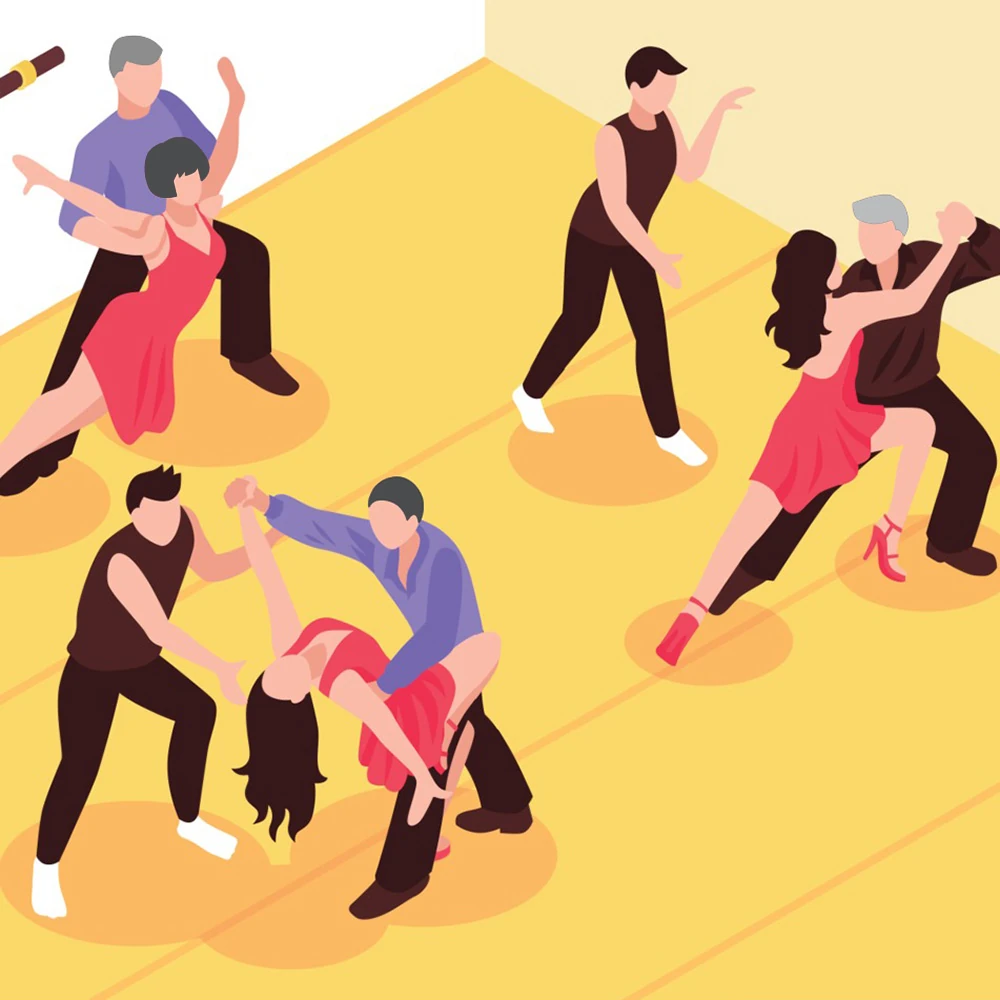
Ask for a favor, express uncertainty, evade questions
Imperative with ihr: geht / seid
– beta release –
59: Geh ins Wohnzimmer und iss! | Go into the living room and eat!

Give commands and instructions & imperative with du: sei / iss / sag / antworte / öffne / fahr / geh.
Paul writes Anna to ask her for some clothing store recommendations and learns about Meili’s problems. Then he visits his parents for coffee and cake. Now they’re very friendly to him for a reason.
59 | Geh ins Wohnzimmer und iss!

Give commands and instructions
Imperative with du: sei / iss / sag / antworte / öffne / fahr / geh
– beta release –
58: Meili, du bist draußen! | Meili, you’re out!

Joke about a singing performance, talk about TV and university & dative and prepositions: zu der Frau / zum Glück / von der Hose / vom Mann.
Anna and Meili are watching a talent show. Anna needs to break it to Meili that she missed a deadline at the university. She obviously had no clue.
58 | Meili, du bist draußen!
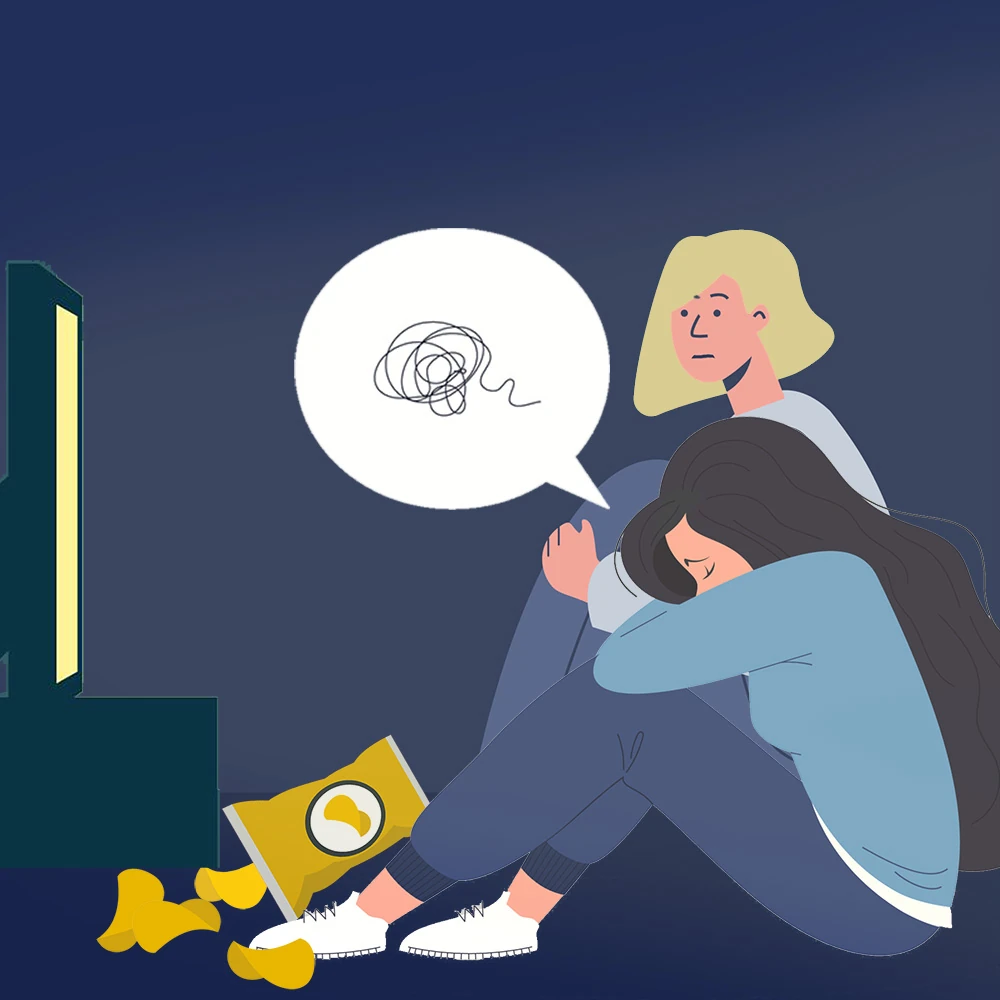
Joke about a singing performance, talk about TV and university
Dative and prepositions: zu der Frau / zum Glück / von der Hose
– beta release –
57: Die Zeit läuft | The time is running

Analyze your social circle, express solutions for problems & dative and prepositions: mit dem Garagenöffner / nach dem Fußballspiel and n-declension in the dative.
Anna and Tim aren’t mad at Paul anymore. But Meili still is. And Fritz is gone. Paul has to get Meili to forgive him.
57 | Die Zeit läuft
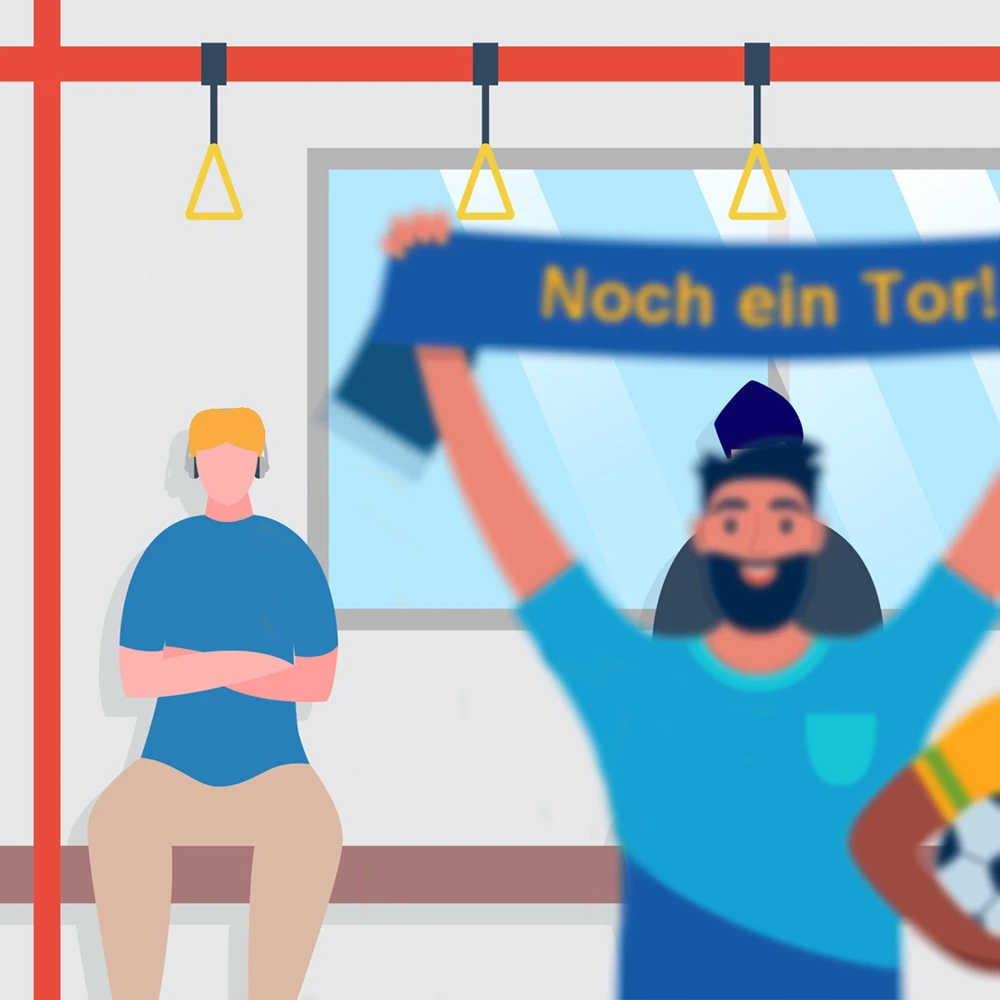
Express solutions for problems
Dative and prepositions: mit dem Garagenöffner / nach dem Spiel & n-declension in the dative
– beta release –
56 | Müller schießt aus der Ecke
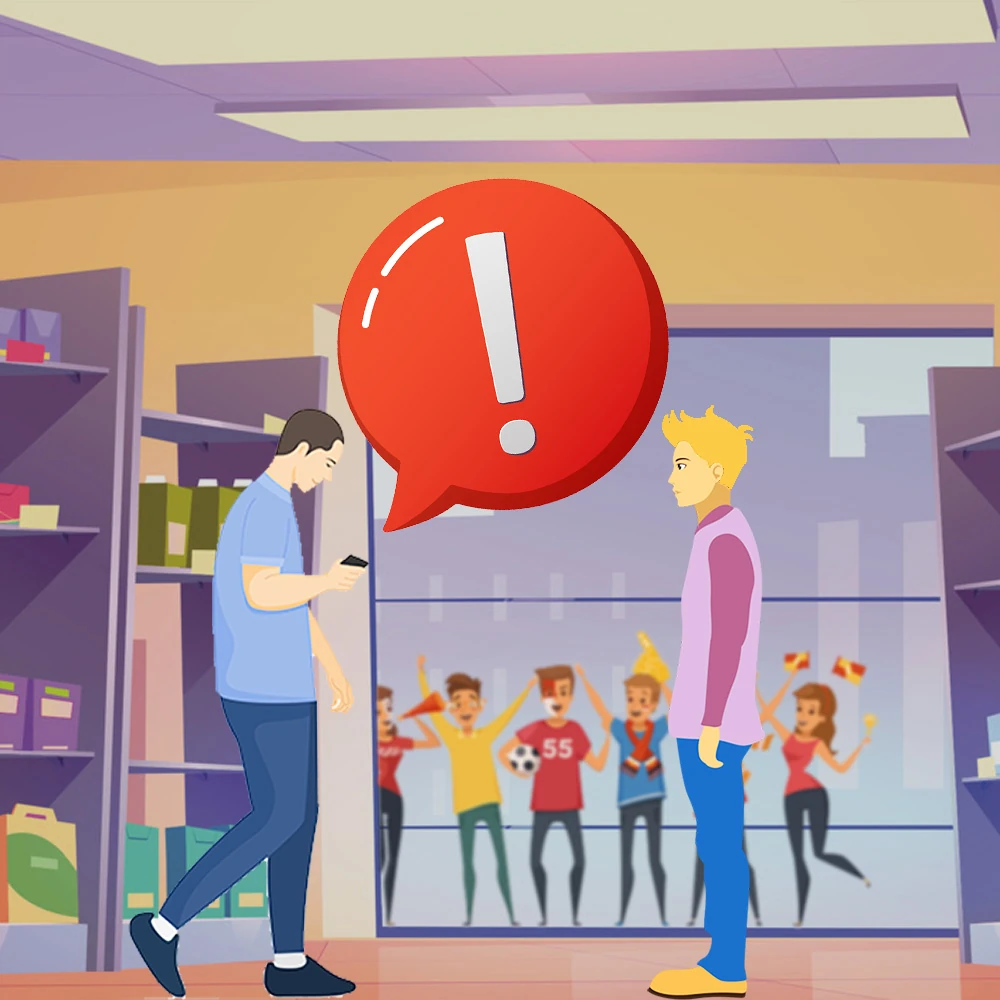
Talk about football (soccer), make arrangements
Dative and prepositions: aus der Ecke / bei dem Foul
– beta release –
56: Müller schießt aus der Ecke | Müller shoots from the corner

Talk about football (soccer), make arrangements & dative and prepositions: aus der Ecke / bei dem Foul.
Paul and Tim were at a football (soccer) game – Paul had invited him and paid for the tickets. As a thank you, Tim calls Fritz’s landlord and pretends to be Fritz.
55: Alle Männer sind gleich! | All men are the same!

Internet related words & dative with plural and indefinite articles: einem Mann / keiner Frau.
Paul is sitting in bed with his laptop, researching surf spots in Germany. Unfortunately, there are far too many of them. He needs more information before he can go on with his search. He finds Laura’s e-mail in the spam folder.
55 | Alle Männer sind gleich!
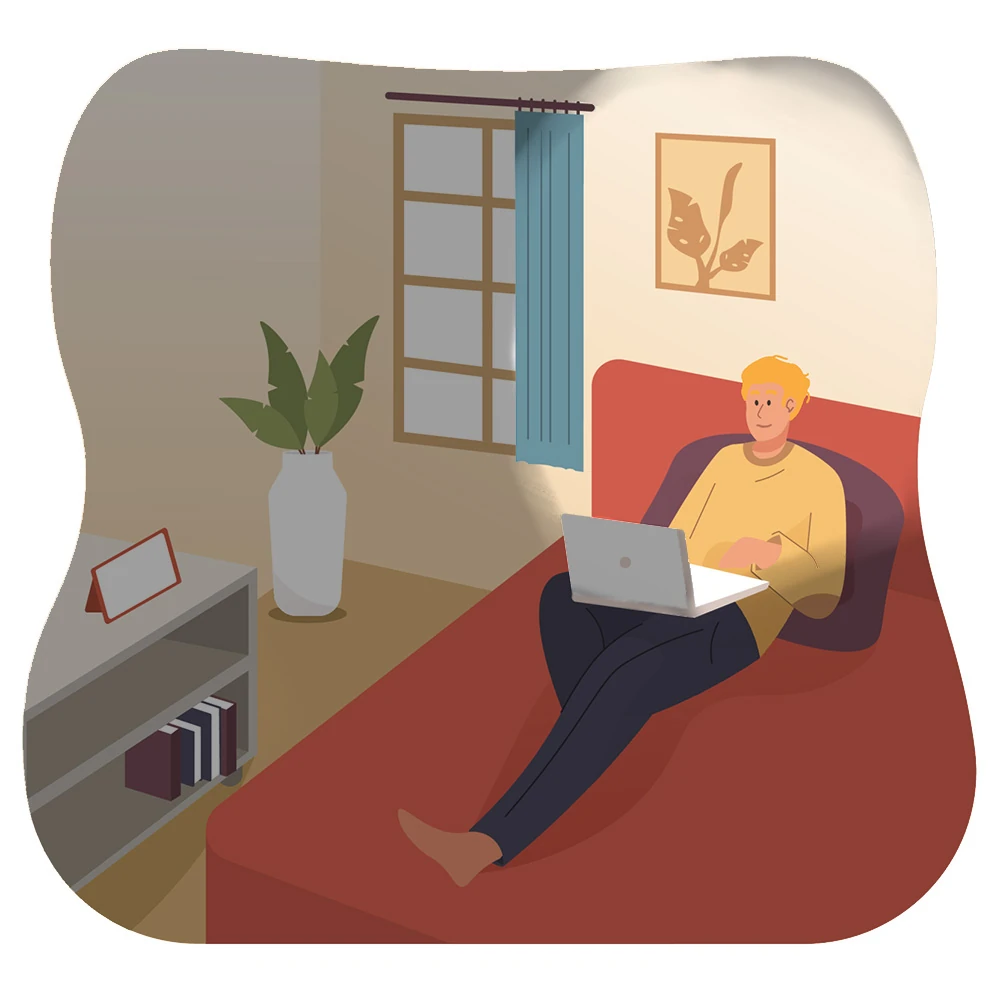
Internet related words
Dative with plural and indefinite articles: einem Mann / keiner Frau
– beta release –
